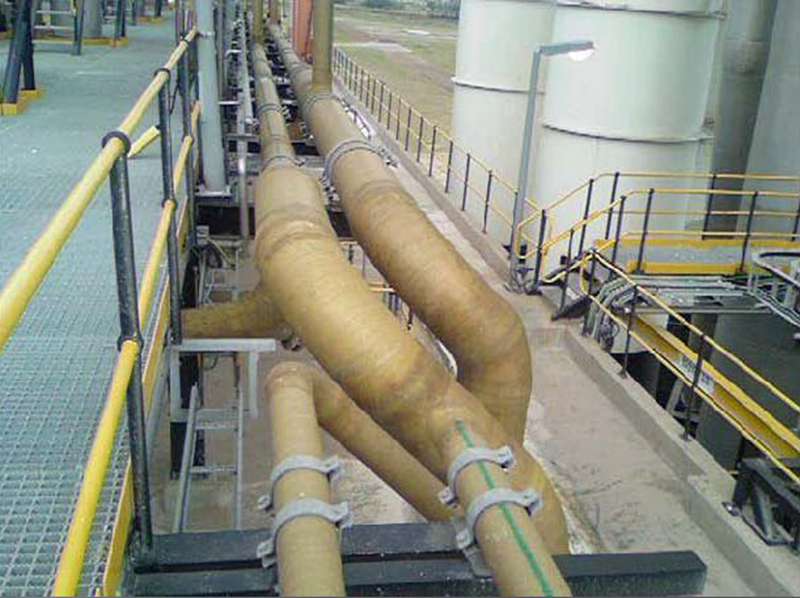
-
 Afrikaans
Afrikaans -
 Albanian
Albanian -
 Amharic
Amharic -
 Arabic
Arabic -
 Armenian
Armenian -
 Azerbaijani
Azerbaijani -
 Basque
Basque -
 Belarusian
Belarusian -
 Bengali
Bengali -
 Bosnian
Bosnian -
 Bulgarian
Bulgarian -
 Catalan
Catalan -
 Cebuano
Cebuano -
 China
China -
 China (Taiwan)
China (Taiwan) -
 Corsican
Corsican -
 Croatian
Croatian -
 Czech
Czech -
 Danish
Danish -
 Dutch
Dutch -
 English
English -
 Esperanto
Esperanto -
 Estonian
Estonian -
 Finnish
Finnish -
 French
French -
 Frisian
Frisian -
 Galician
Galician -
 Georgian
Georgian -
 German
German -
 Greek
Greek -
 Gujarati
Gujarati -
 Haitian Creole
Haitian Creole -
 hausa
hausa -
 hawaiian
hawaiian -
 Hebrew
Hebrew -
 Hindi
Hindi -
 Miao
Miao -
 Hungarian
Hungarian -
 Icelandic
Icelandic -
 igbo
igbo -
 Indonesian
Indonesian -
 irish
irish -
 Italian
Italian -
 Japanese
Japanese -
 Javanese
Javanese -
 Kannada
Kannada -
 kazakh
kazakh -
 Khmer
Khmer -
 Rwandese
Rwandese -
 Korean
Korean -
 Kurdish
Kurdish -
 Kyrgyz
Kyrgyz -
 Lao
Lao -
 Latin
Latin -
 Latvian
Latvian -
 Lithuanian
Lithuanian -
 Luxembourgish
Luxembourgish -
 Macedonian
Macedonian -
 Malgashi
Malgashi -
 Malay
Malay -
 Malayalam
Malayalam -
 Maltese
Maltese -
 Maori
Maori -
 Marathi
Marathi -
 Mongolian
Mongolian -
 Myanmar
Myanmar -
 Nepali
Nepali -
 Norwegian
Norwegian -
 Norwegian
Norwegian -
 Occitan
Occitan -
 Pashto
Pashto -
 Persian
Persian -
 Polish
Polish -
 Portuguese
Portuguese -
 Punjabi
Punjabi -
 Romanian
Romanian -
 Russian
Russian -
 Samoan
Samoan -
 Scottish Gaelic
Scottish Gaelic -
 Serbian
Serbian -
 Sesotho
Sesotho -
 Shona
Shona -
 Sindhi
Sindhi -
 Sinhala
Sinhala -
 Slovak
Slovak -
 Slovenian
Slovenian -
 Somali
Somali -
 Spanish
Spanish -
 Sundanese
Sundanese -
 Swahili
Swahili -
 Swedish
Swedish -
 Tagalog
Tagalog -
 Tajik
Tajik -
 Tamil
Tamil -
 Tatar
Tatar -
 Telugu
Telugu -
 Thai
Thai -
 Turkish
Turkish -
 Turkmen
Turkmen -
 Ukrainian
Ukrainian -
 Urdu
Urdu -
 Uighur
Uighur -
 Uzbek
Uzbek -
 Vietnamese
Vietnamese -
 Welsh
Welsh -
 Bantu
Bantu -
 Yiddish
Yiddish -
 Yoruba
Yoruba -
 Zulu
Zulu
Innovative Designs in Fiberglass Shell Technology for Enhanced Durability and Versatile Applications
The Advantages of Fiberglass Shells in Modern Applications
In recent years, fiberglass has emerged as a versatile material in various industries, thanks to its unique combination of strength, durability, and lightweight nature. A fiberglass shell, which is essentially a hollow structure made from layers of fiberglass, has gained popularity in applications such as automotive, marine, aerospace, and building construction. This article explores the advantages of fiberglass shells and why they are becoming the material of choice for many modern applications.
One of the most significant benefits of fiberglass shells is their lightweight property. Compared to traditional materials like metal or wood, fiberglass is substantially lighter, which contributes to overall weight reduction in vehicles, vessels, and even buildings. This reduction in weight can lead to increased fuel efficiency in cars and boats, as lighter structures require less energy to operate. In aerospace applications, the lightweight nature of fiberglass shells can enhance flight efficiency and reduce operational costs.
Strength and durability are other key attributes of fiberglass shells. Fiberglass is known for its exceptional tensile strength, which means it can withstand substantial forces without cracking or breaking. This makes it an ideal choice for products that must endure harsh conditions, such as marine vehicles exposed to salty water and severe weather. Additionally, fiberglass is resistant to corrosion, rot, and UV radiation, offering a longer lifespan compared to materials like wood or metal that may degrade over time. As a result, structures made from fiberglass shells often require less maintenance and replacement, thus reducing overall lifecycle costs.
fiberglass shell

Furthermore, fiberglass shells offer excellent design flexibility. The material can be molded into complex shapes and sizes, allowing for innovative design possibilities that enhance aesthetics and functionality. This flexibility is particularly valuable in industries such as automotive and marine design, where streamlined shapes can improve performance. Manufacturers can create unique and appealing products that stand out in competitive markets, leveraging the versatility of fiberglass to meet both form and function.
Another important advantage is the thermal and acoustic insulation properties of fiberglass. Shells constructed from fiberglass can provide effective thermal insulation, helping to maintain comfortable temperatures in buildings and vehicles. This characteristic is increasingly important in energy-efficient designs aimed at reducing heating and cooling costs. Similarly, fiberglass can dampen sound transmission, making it an excellent choice for applications requiring noise reduction, such as in residential buildings or high-performance vehicles.
Sustainability is also a growing concern across industries, and fiberglass shells can contribute positively to this aspect. While the production of fiberglass does have environmental impacts, advancements in manufacturing processes are leading to more sustainable practices. Additionally, fiberglass products can often be recycled, allowing for a second life for materials that might otherwise contribute to landfill waste. As industries continue to prioritize eco-friendly solutions, fiberglass offers a pathway to reducing the environmental footprint.
In conclusion, fiberglass shells represent a significant advancement in material technology, providing a range of benefits that cater to modern requirements in various industries. Their lightweight, strength, durability, and design flexibility are crucial in enhancing product performance and longevity. With the additional advantages of thermal and acoustic insulation, as well as potential sustainability benefits, fiberglass shells are set to play an integral role in the future of manufacturing and construction. As innovation continues to evolve, we can expect to see even more applications and improvements in fiberglass technology, solidifying its place as a go-to material for contemporary needs.
Latest news
-
High-Quality Fiberglass Car Bodies Durable GRP Car & Boat Body SolutionsNewsJul.08,2025
-
High-Quality Fiberglass Dual Lamination Product Manufacturer Durable FRP & GRP Dual Lamination SolutionsNewsJul.08,2025
-
Rectangular Tank with Dimensions for GRP Calculation Custom Fiberglass GRP Rectangular TanksNewsJul.07,2025
-
High-Quality Fiberglass Weir Custom FRP Weir & Fiberglass Tanks ManufacturerNewsJul.07,2025
-
CPVC FRP Pipe A Reliable Choice for Industrial Applications High Strength & Corrosion ResistanceNewsJul.07,2025
-
Fiberglass Scrubber for Effective Cleaning and Stain Removal – Superior Performance in Various ApplicationsNewsJul.06,2025









